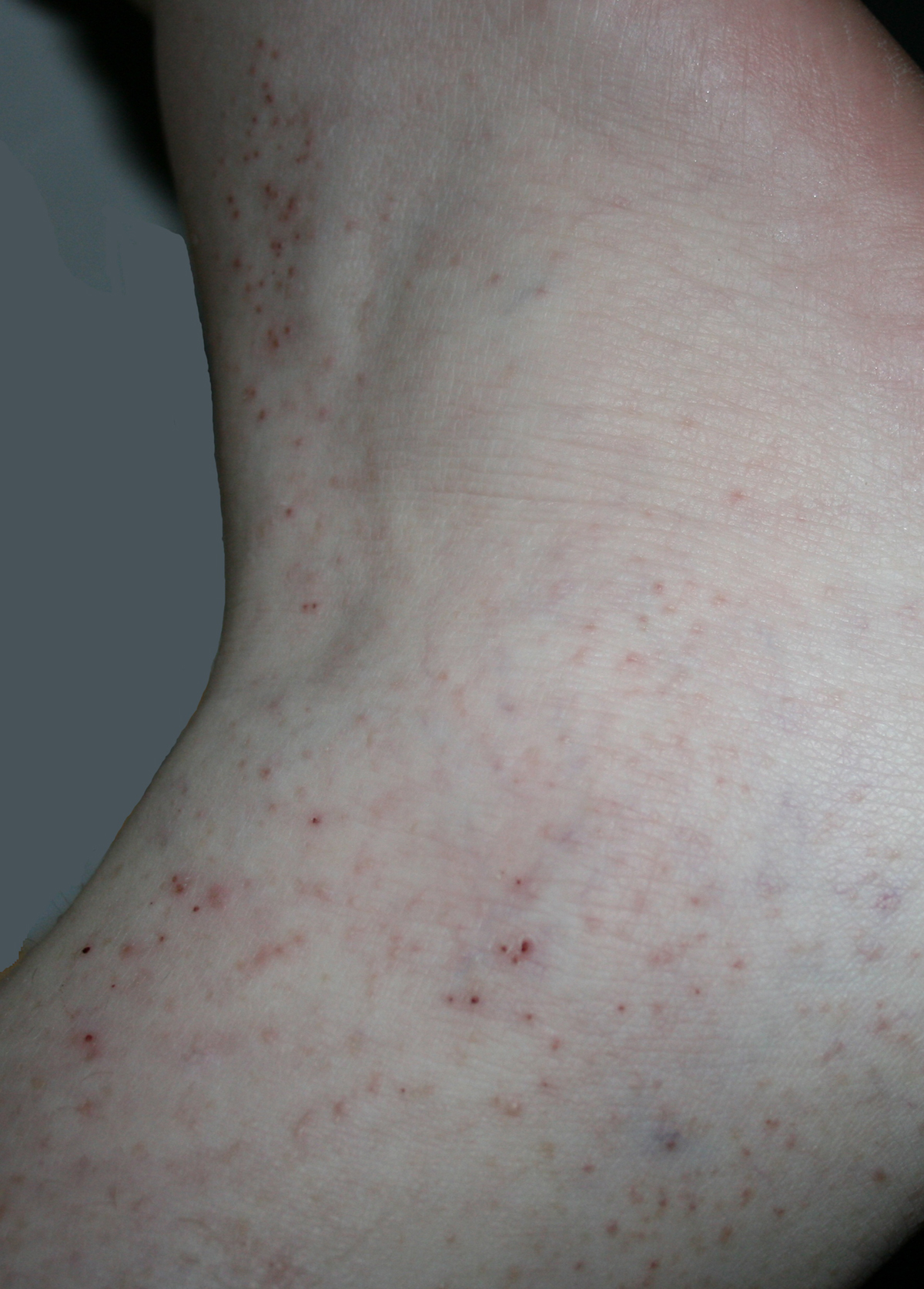
About Gout
Gout is a rather complex form or arthritis that typically features with pain and tenderness of joints. In many cases the joint at the base of the big toe is the site of inflammation. Even though gout may affect people of all ages it is most common among women, particularly women in menopause. The condition is painful and unpleasant but, fortunately, it is treatable and well controllable.
Symptoms and signs of gout develop suddenly and generally at night. They include severe joint pain (that affects large joints such as the big toe, feet, ankles, knees etc.), lingering discomfort, as well as inflammation accompanied by redness and swelling of the affected joints.
The condition develops due to accumulation of urate crystals around the particular joint. Their presence is responsible for inflammatory reaction. Urate crystals form only if there is an excess of uric acid in the blood. Uric acid is a product of purines metabolism. Purines are substances found in many food products such as meats, anchovies, herring, asparagus, mushrooms etc.
Some factors contribute to increase of uric acid in the blood. Therefore, they may be associated with the onset of gout. Such predisposing factors are excessive intake of alcohol, certain medical conditions (untreated high blood pressure, diabetes, hyperlipidemia etc.), intake of certain medications (thiazide diuretics, anti-rejection drugs etc.) and family history of gout.
Therapy for Gout
Treatment for gout generally includes certain medications. Which one will be prescribed depends on patient's general health, the severity of the illness and several more factors. The goal of the therapy is to deal with symptoms and signs of acute gout attack and prevent future attacks as well as reduce the risk of potential complications associated with gout (tophi, deposits of urate crystals that create nodules under the skin).
Medications used in treatment of acute gout and may prevent future attacks include nonsteroidal anti-inflammatory drugs (NSAIDs), colchicine and corticosteroids. NSAIDs are initially prescribed in higher doses and prevention is achieved with a lower daily dose. Colchicine is an alternative to NSAIDs and is prescribed to patients who cannot take NSAIDs. And finally, corticosteroids are strong anti-inflammatory drugs administered either orally or in a form of injections. Since corticosteroids have many side effects they are prescribed in low doses.
Complications of the disease may be prevented with drugs that block uric acid production such as xanthine oxidase inhibitors (allopurinol and febuxostat) or medications that improve elimination of uric acid from the body (probenecid).
Apart from medicamentous therapy patients suffering from gout should make certain lifestyle changes. For instance, they should drink plenty of fluid (at least 8-16 cups of fluid each day), avoid alcohol, consume moderate amount of proteins and limit the intake of all foods that contain purines.


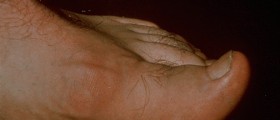

-Symptoms,-Diagnosis,-Treatment_f_280x120.jpg)
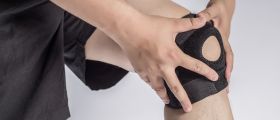



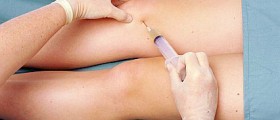


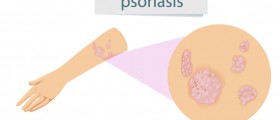
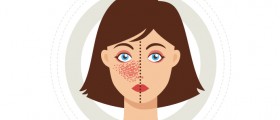


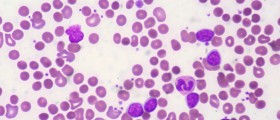
Your thoughts on this
Loading...